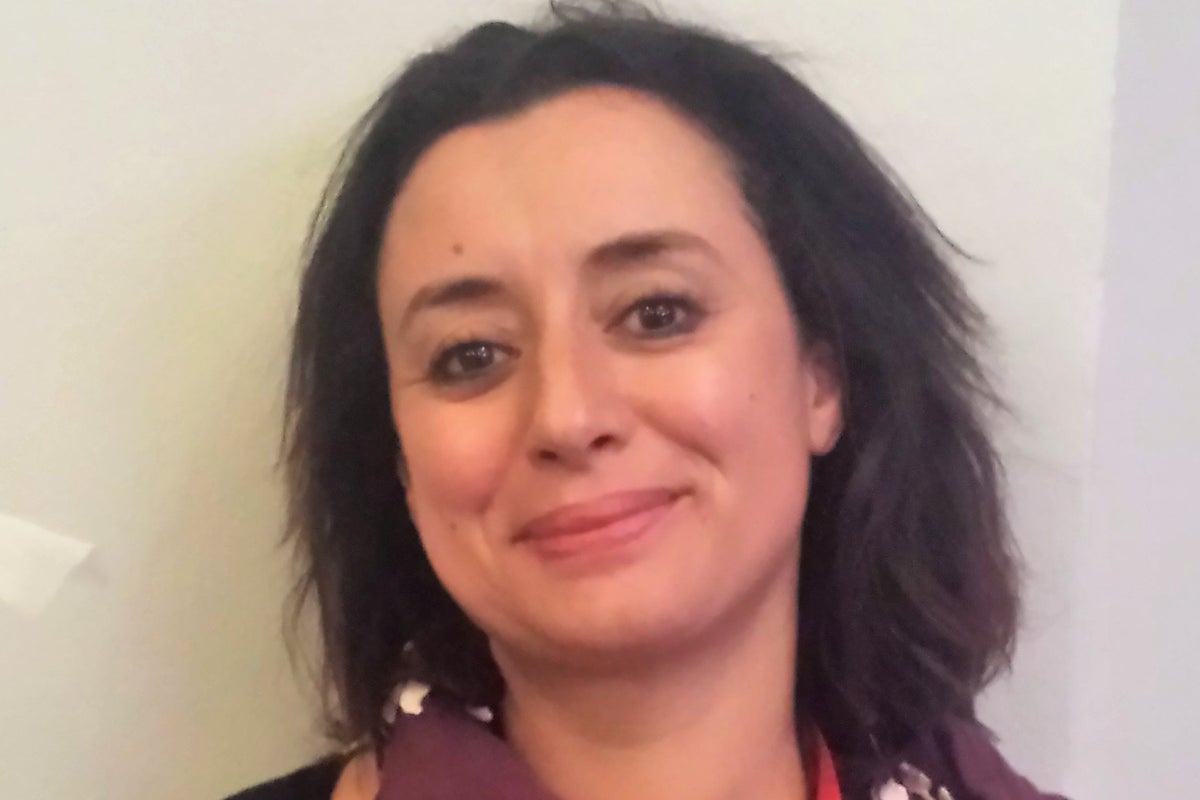
A feminist activist has been sent to prison for two-and-a-half years because of messages on a T-shirt she wore in a selfie posted online.
The shirt featured the word “Allah” in Arabic, followed by the words “is lesbian” in English.
Ibtissam Lachgar was charged with blasphemy and with disseminating the image online.
She was found guilty of violating part of Morocco’s criminal code that outlaws offending the monarchy or Islam, her lawyer, Naïma El Guellaf, said.
A member of Ms Lachgar’s legal team said they plan to appeal the conviction.
“Not only is this verdict unjust, but it also threatens the freedom of speech and opinion,″ Hamid Sikouk of the Moroccan Association of Human Rights said.
At Wednesday’s hearing, Ms Lachgar, wearing a headscarf and appearing fatigued, told the judge she had no intention of offending Islam.
She argued that the T-shirt she wore reflected a political message.
Her lawyers argued that the online post did not constitute an offence to Islam.
“God is not only for Muslims, but also for Christians and Jews. I don’t see any offence to Islam in that publication,” Ms El Guellaf told the court.
“I am Muslim myself, and I don’t feel offended by it.”
Another lawyer, Souad Brahma, the head of the Moroccan Association of Human Rights, warned of a backslide in human rights in the kingdom and said her client was speaking about religions in general, not Islam.
The defence said wearing the T-shirt fell under freedom of expression, a constitutional right in Morocco, and called the charges unconstitutional.
Long known for provocative activism, Ms Lachgar, 50, is a psychologist and co-founder of the Alternative Movement for Individuals Freedoms, known by its French acronym MALI.
She is an outspoken and vocal defender of rights for women and LGBTQ communities in Morocco.
Her arrest polarised public opinion across Morocco. Some see it as a valid response to provocation and others view it as a violation of democracy and freedom of speech.
Though the country is politically moderate compared to others in the Middle East and North Africa, same-sex relations are illegal and certain kinds of speech can bring criminal charges.
Ms Lachgar has called for decriminalising sex outside of marriage, which remains illegal. She also made headlines more than a decade ago when she organised a demonstration outside Morocco’s parliament, where couples kissed to support two teenagers facing indecency charges after posting a photo of themselves kissing on Facebook.
